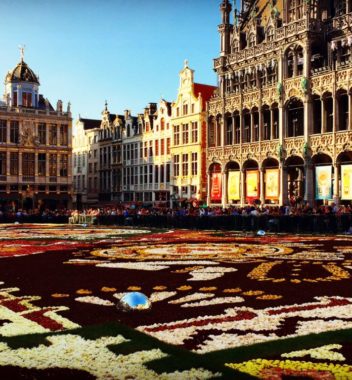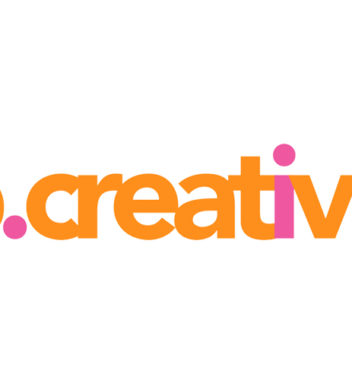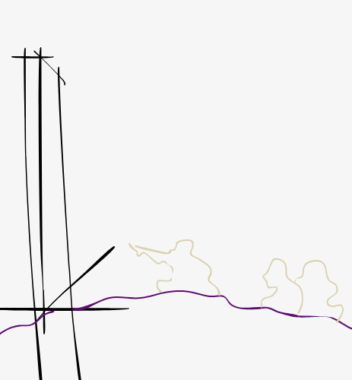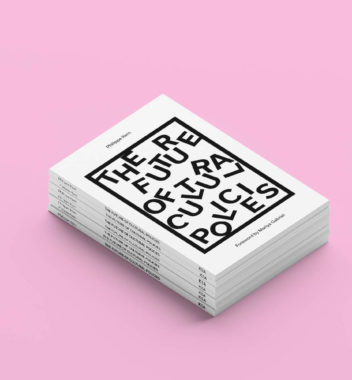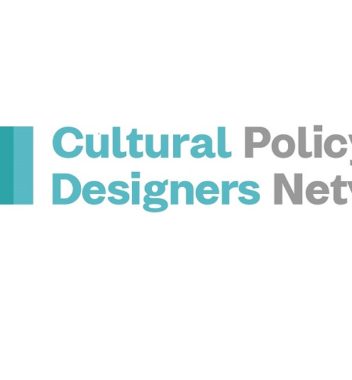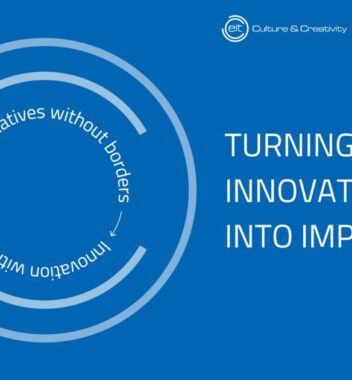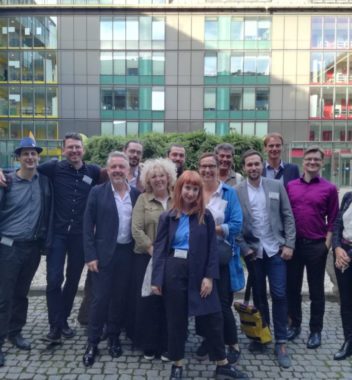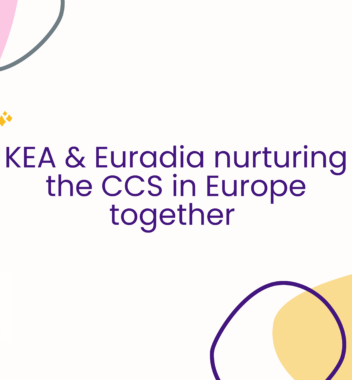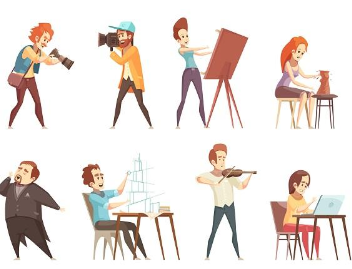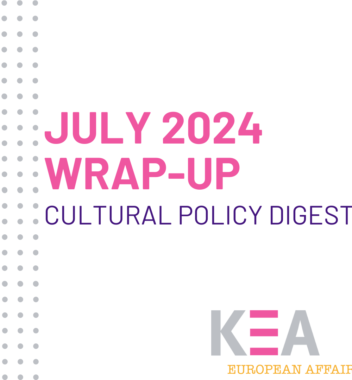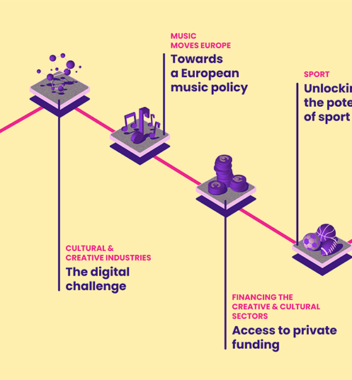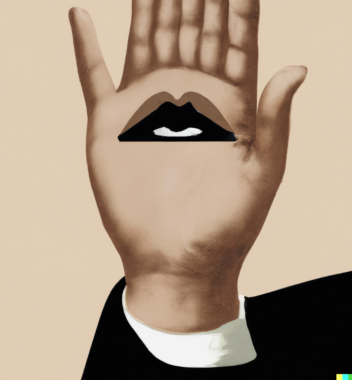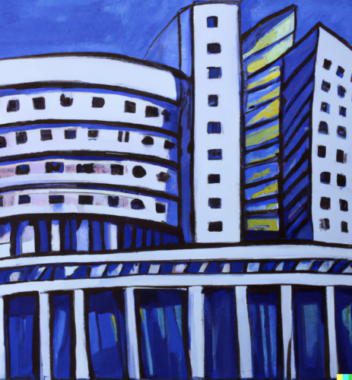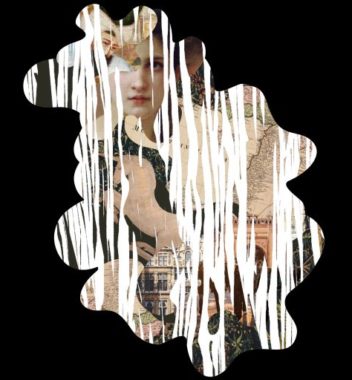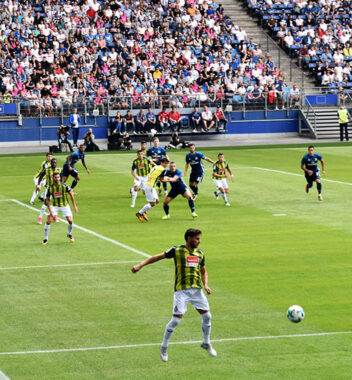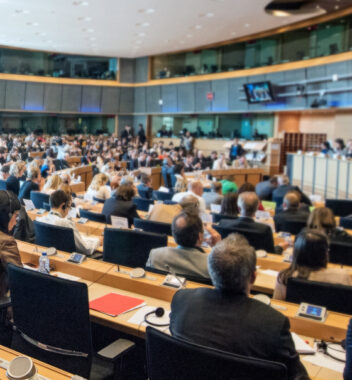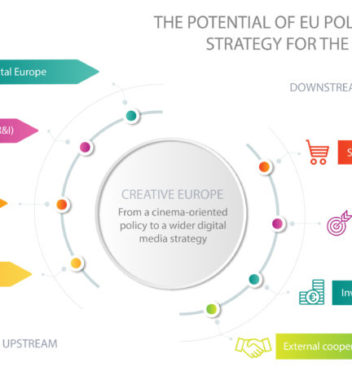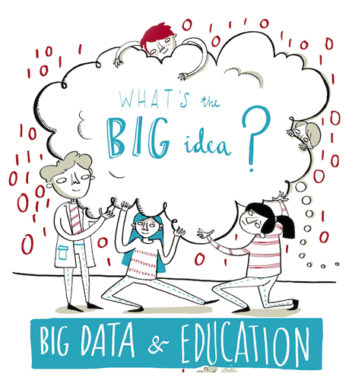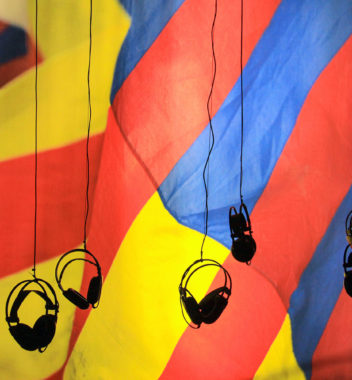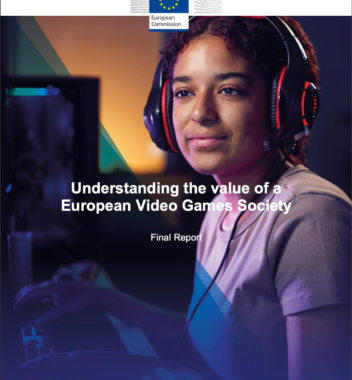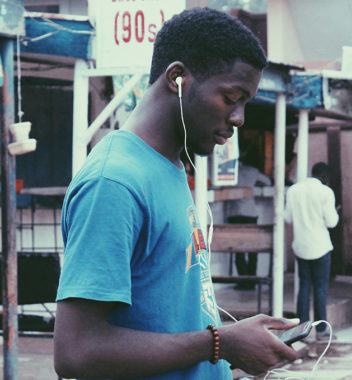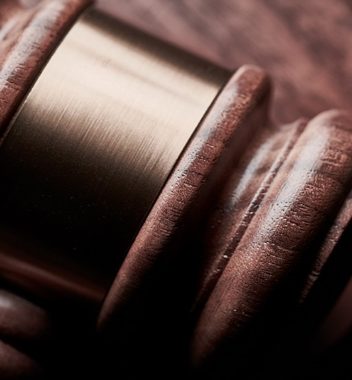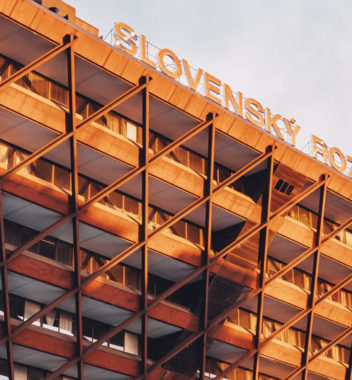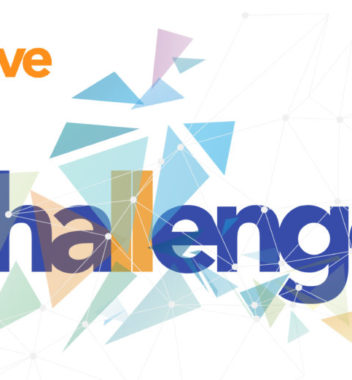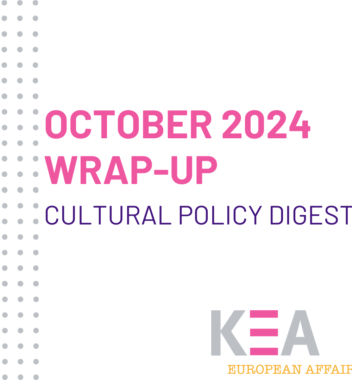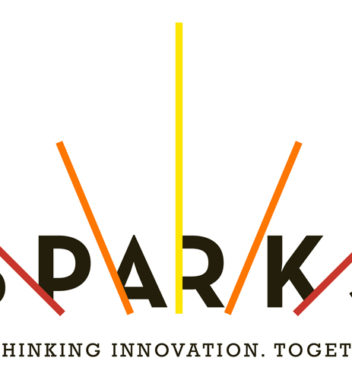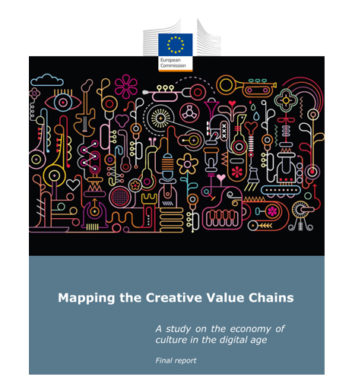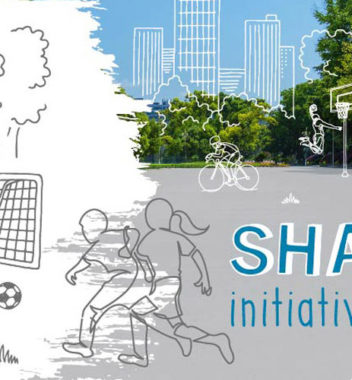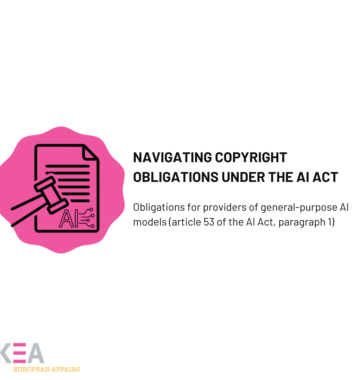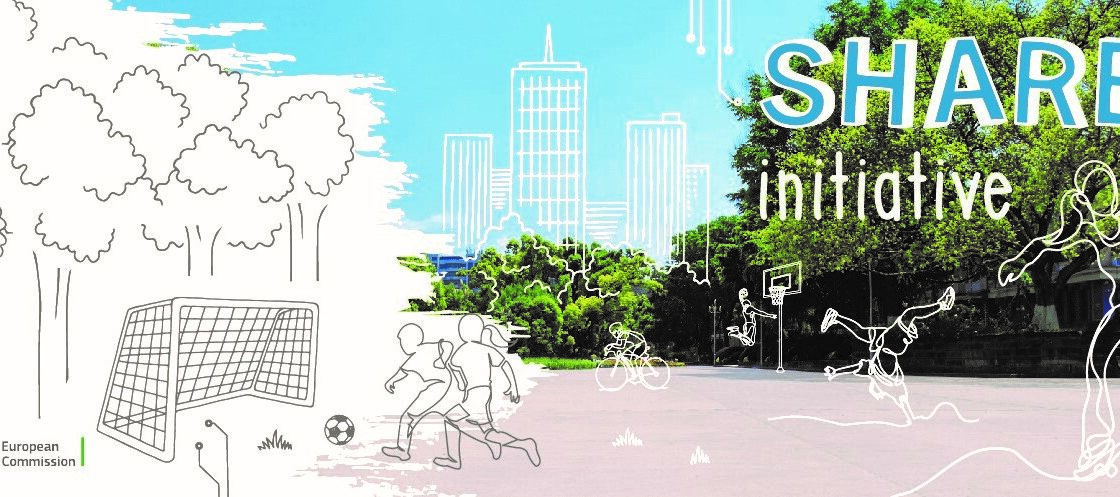
The SHARE initiative (SportHub: Alliance for Regional development in Europe), launched by the European Commission in 2018 and coordinated by KEA European Affairs concludes a phase this August before embarking on a new one in the final quarter of 2023.
Since its inception, the objective of the initiative has been to highlight the contribution of both sport and physical activity to regional development through their impact on a number of key policy areas such as: innovation and research, health, social cohesion and inclusion, employability, territorial regeneration and environmental protection, among others, as evidenced in the infographics shown below. And also how the sports sector can make use of the Cohesion Policy Funds, dedicated to regional development but not always explicitly prioritising sport and physical activity.
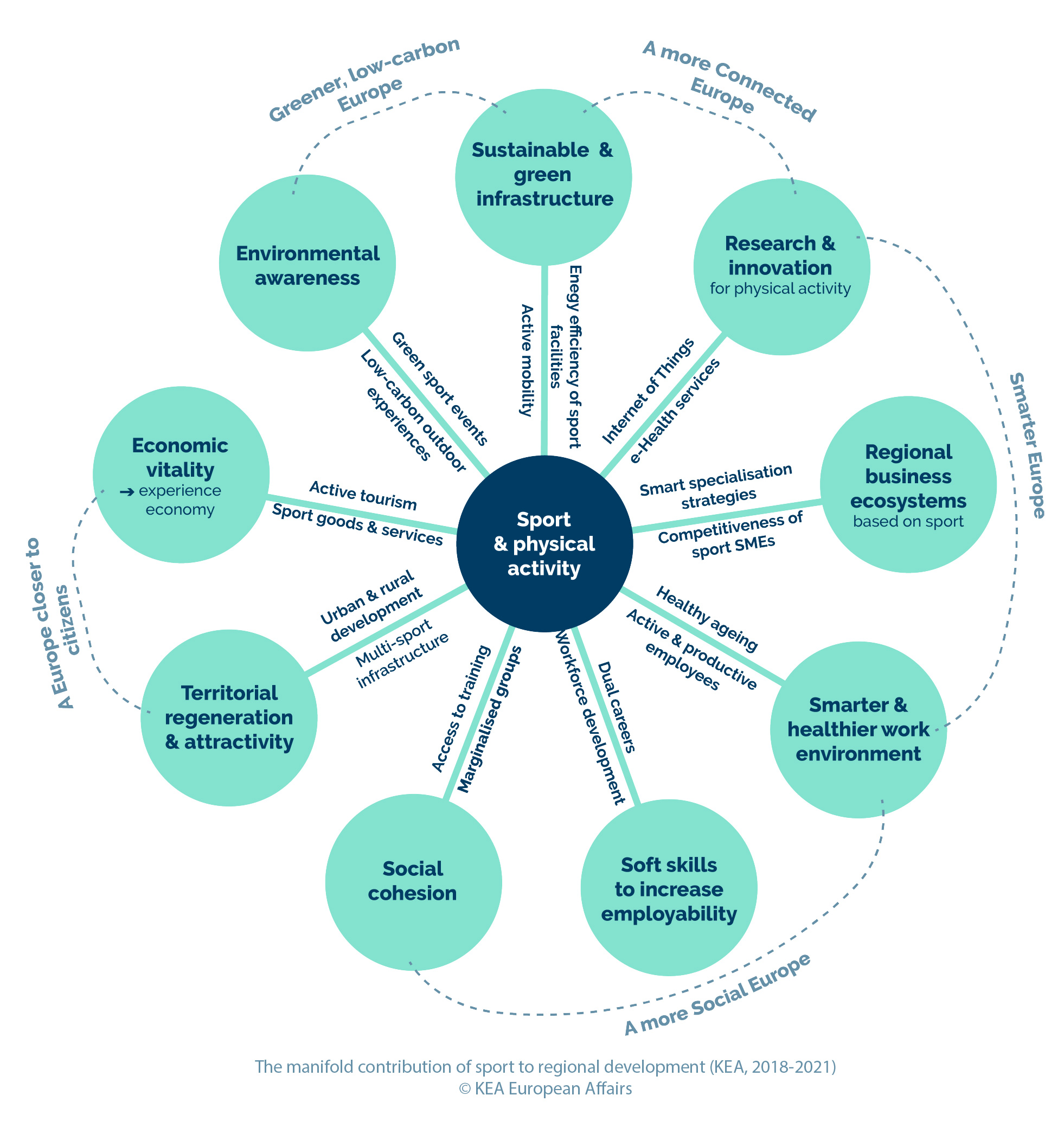
Infographics on the manifold contribution of sport to regional development (KEA, 2018-2020) / © Image credits: KEA European Affairs
Because as shown in the Infographics, when we discuss mobile applications linked to sport, we’re addressing both physical activity and technology; when a sporting event engages millions of spectators, sport is inherently linked to tourism; when a sports facility is constructed or revamped to enhance energy efficiency or accessibility, we’re discussing energy, sustainability, and social inclusion. In this manner, we could include numerous examples where the connection between sports and other political priorities isn’t immediately apparent at first glance.
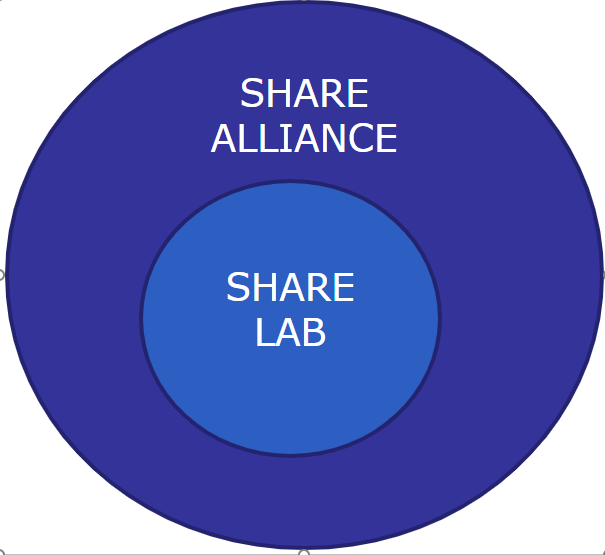
As its name implies, SHARE has been an alliance involving multiple stakeholders. This includes not only sport stakeholders per se but also public and managing authorities and even universities and private companies working in the field of sport, with a quadruple helix approach. In this context, one of the core elements has been the SHARE Lab, a monthly gathering where different entities from the sports sector, both on a European and national level, could take part. They have, in a way, guided the project’s direction and have contributed a perspective of immeasurable value – that of those who have a hands-on experience. Their work has been organised in different working groups in 3 different thematic axes: Active development; transition to a green economy and one focused on EU funding programmes.
Among the main project deliverables are various background and research papers (available through the following links: KEA’s website and European Commission’s website) on topics such as: The New European Bauhaus: opportunities for the sport sector. (EN); Next Generation EU: how can the sport sector benefit? (EN), Opportunities for the sport sector in the Multiannual Financial Framework 2021-2027 (EN) or Green transition in sport at all levels (EN). The last two papers will be published soon, one covering sports and tourism, and the other detailing how sports entities can access cohesion funds in simple steps. Finally, the project has organized several seminars (“The future of sport in European cities”, 2019), webinars (Active development, the process of integrating the promotion of sport and physical activity into economic and social development strategies and practices, 2022) and had an annual presence at the European Week of Regions and Cities: 2019 “Sport for active and healthy communities”; 2020 “Innovation hubs for sport and vitality” and 2022 “Green transition in and with sport” among others.
Additionally, the project has participated in various editions of the EU Sport Forum, including 2023, during which it featured a parallel session with the presence of Sport Ireland. They shared their success story (11M€ of funding from the ESF were secured for the Sport sector), which followed the latest phase of the project – the capacity building activities. This phase is likely the most impactful and highly regarded by the participants.
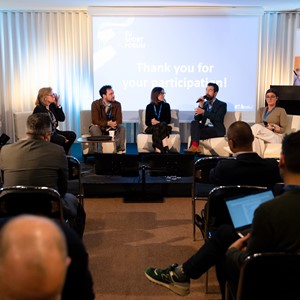
Capacity building activities co-organised together with different organizations in Bulgaria, Denmark, Ireland, Netherlands, Portugal, Czech Republic, and Spain have provided the opportunity to directly explain the enormous potential that exists for sports in relation to cohesion funds, to be in contact with the reality of various countries, and above all, to see how they were, in most cases, the cornerstone of a more ambitious project aimed at translating learnings into tangible initiatives.
After the completion of the first phase of the project, the main conclusions drawn are:
- It is imperative to overcome barriers and comprehend the extensive potential of sport in correlation with other policy priorities, while considering its social and economic contributions to local and regional development. To accomplish this, access to more data, particularly comparable data at the EU level, would be desirable.
- There is a noticeable knowledge gap, even among those familiar with EU funding programmes such as Erasmus+ and Horizon Europe, regarding the functioning of Cohesion Funds. It is essential to provide clearer explanations about the concept of shared management and the role of managing authorities, and how to contact them. Additional training opportunities are required to address this need adequately.
- The significant turnout and positive feedback received during the SHARE capacity building activities illustrate the strong interest of sport stakeholders, as well as local and regional governments, in accessing Cohesion funds.
- It is important to create spaces for dialogue among diverse stakeholders who typically do not engage in direct communication, including managing authorities, regional and local authorities, and sport stakeholders.
All the above demonstrates that SHARE´s mission is as much or even more relevant than when the project began, which is why the closure of this first phase is by no means the final conclusion of the project.
What can be expected regarding the future?
The European Commission is currently working on the continuation of SHARE to be called SHARE 2.0. The project will be an evolution of the current community to tackle the issue of funding available for sport but also other challenges. More information will be available from September onwards.
Stay tuned!
